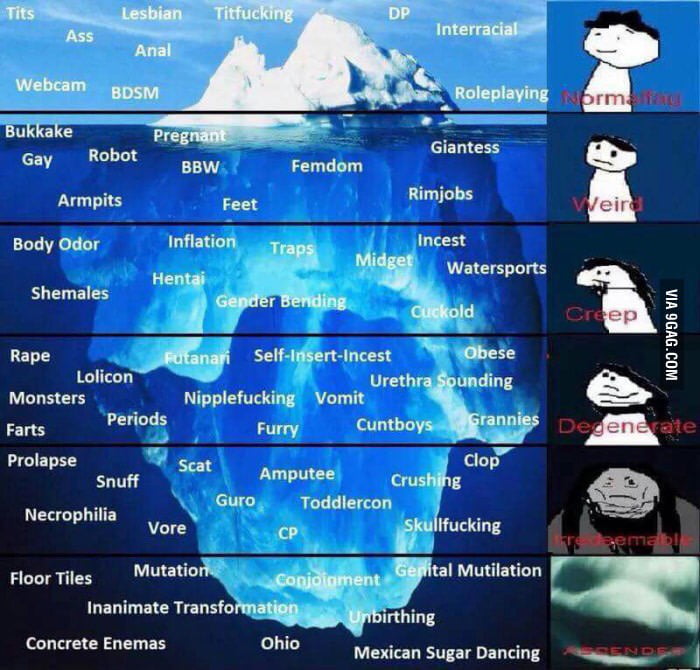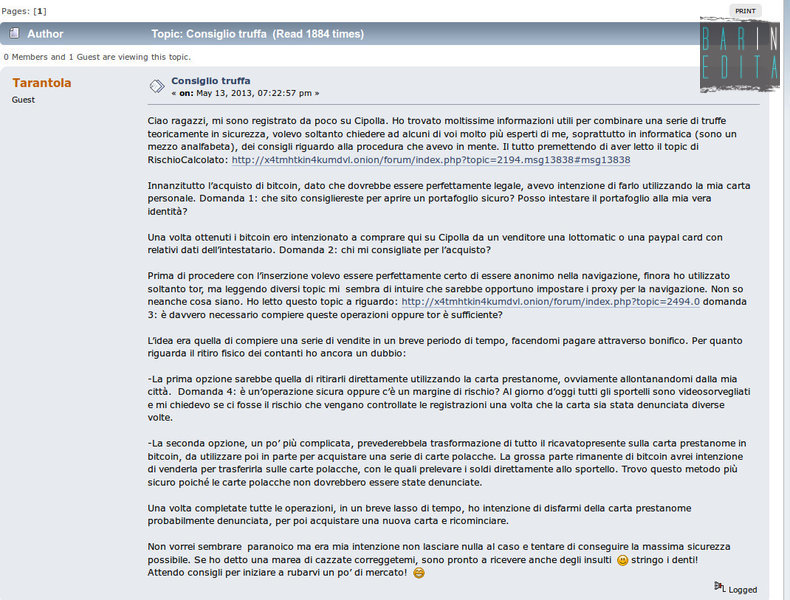

Tor was originally created in the mid-90s by US Naval Research Laboratory employees to keep their transmissions secret. However, sites on the Dark Net require a certain service to reach - The Onion Router (Tor). The rest, the deep web, is underwater and composed of everything unreachable to pretty much everyone - a digital land of email inboxes, private documents, and other weird computer processes. The very tip is what we can find by using a search engine like Google.


Think of the Internet like a giant iceberg. Things like Facebook as well as news platforms and sharing services are being developed for and by a community of people who are not criminals.īut why would people be on the Dark Net just checking email and keeping tabs on their family? More importantly, how did they get there? Come to think of it, how do I get there?Īccording to a Google search, “The Internet is a massive network of networks, a networking infrastructure.” Thanks, Google. However, I had heard murmuring over the years of the benign content available on the Dark Net as well. Usually these stories focus on the bizarre, gruesome, or illegal content available on the Dark Net. Much of what we know, or think we know, about the Dark Net is folklore and hearsay scooped out and presented to us on YouTube or the news. Because the Internet is merely code, there are those who write their own code rather than use the status quo. As the Internet has grown, so have the technologies that track our purchases, suggest content based on our browsing history, and locate people remotely.
#4CHAN DEEP WEB ICEBERG FOR FREE#
Since the first iterations of the Internet came into existence in the 1970s, there have been movements of people dedicated to using it for free speech.


 0 kommentar(er)
0 kommentar(er)
